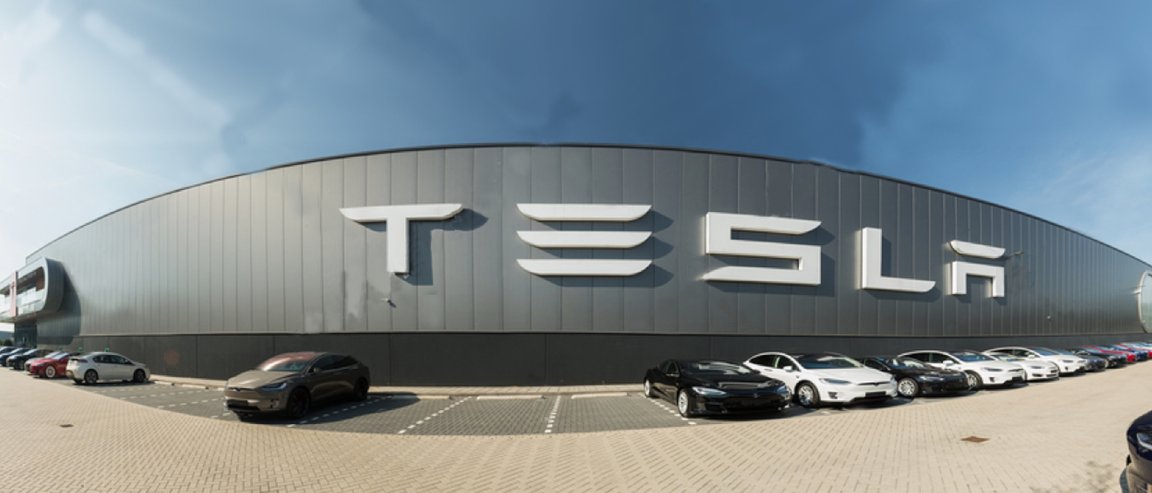
Where Tesla Sees the Future
Earlier this year, Tesla Motors changed their name to Tesla Inc. — a move that signified the company’s intent to accelerate the advent of sustainable energy.
Instead of focusing on just one aspect of ensuring a sustainable future, Tesla wants to ensure that it is able to make broad solutions available to the public. It has determined that transitioning to renewable energy and technology is the best way to accomplish this.
A big part of this grand plan is anchored on the company’s acquisition of the solar energy company SolarCity. Tesla’s purchase will allow it to provide its customers with more comprehensive services, said Kurt Kelty, senior director of Battery Technology at Tesla, who spoke at the International Battery Seminar after the company won Innovator of the Year. He said that his vision was that Tesla customers would be able to have Tesla’s electronic vehicles (EVs) in their garage, Tesla’s solar panels on their roofs, and Tesla’s batteries powering their devices.

“You have solar, battery pack, the EV, and you’ve got all the controls on your cell phone,” Kelty said at the seminar. “This is the kind of future we see for [your] house.”
Kelty explained that Tesla’s energy storage solution makes the brand a “one-stop shop… it’s all a well-integrated system and it just makes it that much easier for the customer to use.”
Elon Musk’s Grand Plan
Tesla Inc. CEO, Elon Musk has always been very vocal about his grand plan to usher in a sustainable future. And Tesla’s pioneering legacy in car manufacturing is now lending itself to the development of Tesla’s energy storage technology — the Powerwalls and Powerpacks. Kelty described the rise of additional applications of these micro-grids in Hawaii and California.
“There are a lot of applications for the Powerpack that we’re just starting to explore,” Kelty said at the seminar. “We’re just starting to penetrate the market now, and the market potential is absolutely huge.”
And with the goal of becoming an integrated, “one-stop shop” for clean energy needs, the Gigafactory is also consistently trying to lower battery cost, making renewable and sustainable energy more accessible to the public. In addition, Tesla is monitoring their batteries’ usage to gain real time data that will ultimately lead to further advances in battery technology.
Should Tesla’s products be successful, they could allow the U.S. to not only lower its dependence on , thereby reducing its , but also cut down its usage of electricity as a whole by making energy storage more efficient. And, as the U.S. government contemplates cutting environmental programs from the budget, it may be more important than ever for private companies like Tesla to step up to the plate to address .